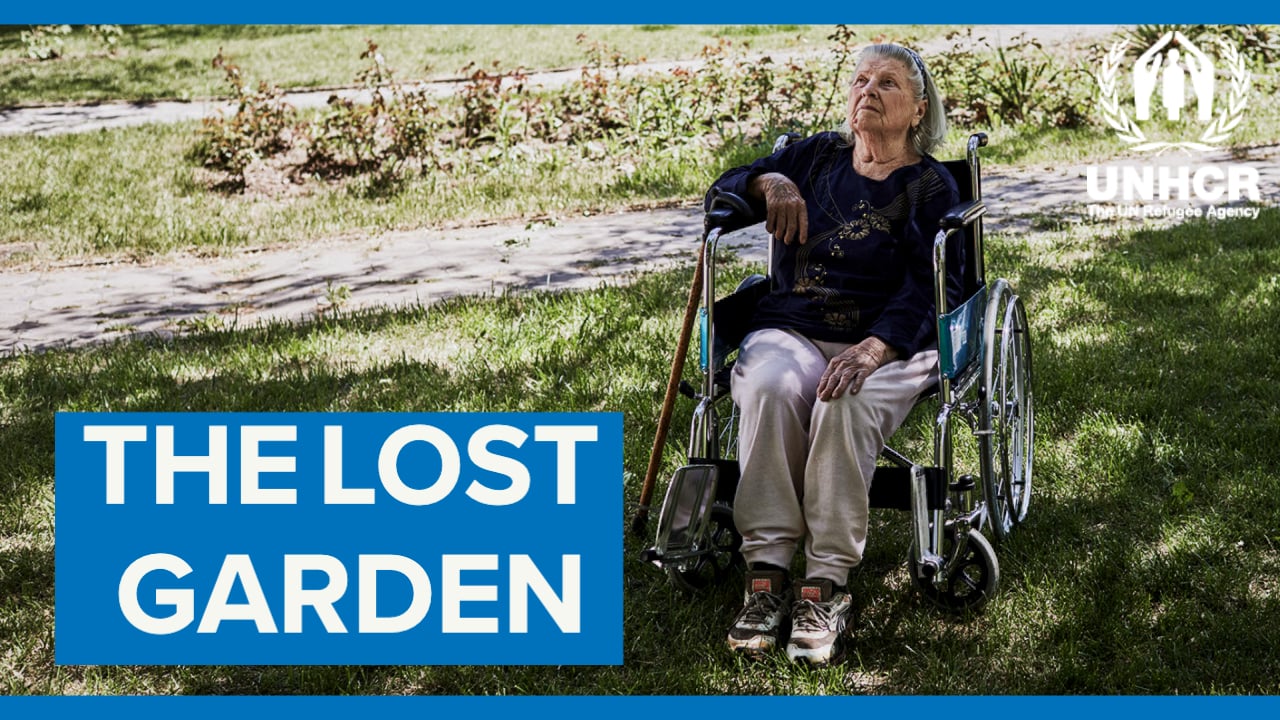Blind Salvadoran couple play dead to flee gang threat
Blind Salvadoran couple play dead to flee gang threat

MEXICO CITY, Mexico – When gun-toting gang thugs pumped round after round into their home in El Salvador, blind couple Rosario and Victor* grabbed their daughter and threw themselves onto the floor to dodge the bullets.
Minutes later, several figures they could not see broke into the house and loomed over them as they lay huddled on the ground. Victor had draped himself protectively over 10-year-old Natalia and Rosario, who thought they were about to die.
“I was paralyzed, dead throughout every part of my body,” Rosario says, weeping as she relives the terror. “But then we realized it was the police and I started to breathe again.”
The family had been hounded by the gang, who demanded US$500 in “rent” on the two massage therapy clinics they ran in the Salvadoran capital. When the gang doubled the extortion demand to US$1,000 every two weeks, the family shut the businesses and moved house several times to try to escape their tormenters.
But easily recognizable because of their grey canes, the gang found them time and again. Recognizing their vulnerability, the police came up with a novel – if macabre – way of spiriting the family out of the house under the watchful eyes of the gang. They should play dead.
Covering them with a shroud-like white sheet, the officers carried the family out of the house, one by one.
Placing them on stretchers and covering them with a shroud-like white sheet, the officers carried the family out of the house, one by one, and through the streets of their ramshackle neighbourhood, accompanied by a forensic pathologist, to lend credibility to the performance.
“I was not dead, but I felt as though I was,” says Rosario. “It was difficult to control my breathing as I was so nervous until I got into the police vehicle.” It was clear that the family’s life in El Salvador was now over. Once clear of the neighbourhood, they joined thousands of men, women and children fleeing the street gangs – or "maras" as they are known in Central America – whose crimes range from murder, rape and extortion to drug dealing, kidnapping and human trafficking.
The police took them to a point close to the border with Guatemala, leaving Rosario and Victor in the care of Natalia. “We were safe but with nothing but our pyjamas,” Victor recalls. “We had just US$20 that we borrowed when we crossed into Guatemala, guided all the way by our daughter.”
Once there, they spent two days sleeping on the street with no food. They were finally helped by a truck driver who recognized their desperate plight, and slipped them over the border to Tapachula, in southern Mexico, where they sought help at a shelter for migrants.
With the assistance of UNHCR, the UN Refugee Agency, the family of three were transferred to a shelter in another part of Mexico which had better facilities for the visually handicapped, who are among the most vulnerable of the many thousands now running for their lives.
"Thousands of people are fleeing gang violence in El Salvador, which is now one of the world's most violent countries."
“Thousands of men, women and children are now fleeing gang violence in El Salvador, which is now one of the world’s most violent countries,” said Mark Manly, UNHCR’s representative in Mexico.
“Like Rosario and Victor, many have faced extreme risks and are in urgent need of protection. More must be done to make sure they have adequate information on how to apply for asylum, improved access to the asylum procedure and safe, dignified places to stay while their cases are looked at,” he said.
Manly stressed that the desperate situation of refugees like Rosario and Victor was a reminder of why UNHCR “needs to redouble its work with the authorities and civil society to make it happen.”
The couple sought, and were granted, asylum in Mexico, where they have now settled and are finding a measure of peace. Rosario has a passion for singing, particularly the hits of Italian pop singer Laura Pausini, which she belts out in the shelter. She and Victor would like to start their massage therapy business over again, although they still worry about the gangs, whose reach is international.
“Now, in this shelter, we feel safe, although always we are afraid that one day the mara will find us. They know how to find people,” Rosario says, her thoughts clouded by anxiety over the relatives she left behind. ”The rest of our family is still in Salvador under threat because of us.”
*Names have been changed for protection reasons.









